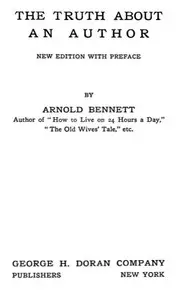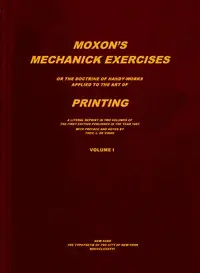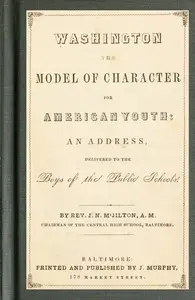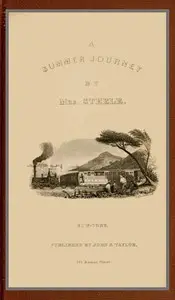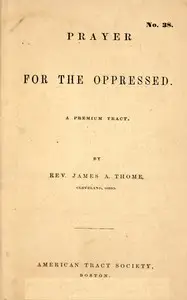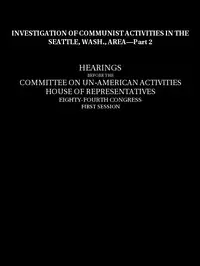"The Works of Daniel Webster, Volume 1" by Daniel Webster is a collection of speeches and writings reflecting the public life and contributions of one of America's prominent statesmen, written in the mid-19th century. This volume includes a biographical memoir detailing Webster's early influences, his rise in the legal and political spheres, and an extensive compilation of his speeches on significant political issues during a formative period in U.S. history. The opening of this work provides a glimpse into Daniel Webster's early life and background, highlighting his modest beginnings in New Hampshire, his familial connections, and the hardships he encountered that shaped his character and ambitions. The text sets the stage for his eventual entrance into public life, emphasizing the important influences of his parents and his education, including his time at Dartmouth College. It suggests a narrative rich in both personal and political development, raising expectations of the detailed discussions to follow in the chapters about his professional achievements and pivotal speeches that engaged with the major debates of the time, such as constitutional law, foreign relations, and national identity. (This is an automatically generated summary.)
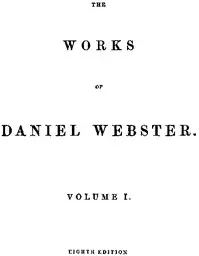
The Works of Daniel Webster, Volume 1
By Daniel Webster
"The Works of Daniel Webster, Volume 1" by Daniel Webster is a collection of speeches and writings reflecting the public life and contributions of one...
Daniel Webster was an American lawyer and statesman who represented New Hampshire and Massachusetts in the U.S. Congress and served as the 14th and 19th U.S. secretary of state under presidents William Henry Harrison, John Tyler, and Millard Fillmore. Webster was one of the most prominent American lawyers of the 19th century, arguing over 200 cases before the United States Supreme Court in his career. During his life, Webster had been a member of the Federalist Party, the National Republican Party, and the Whig Party. He was among the three members of the Great Triumvirate along with Henry Clay and John C. Calhoun.





